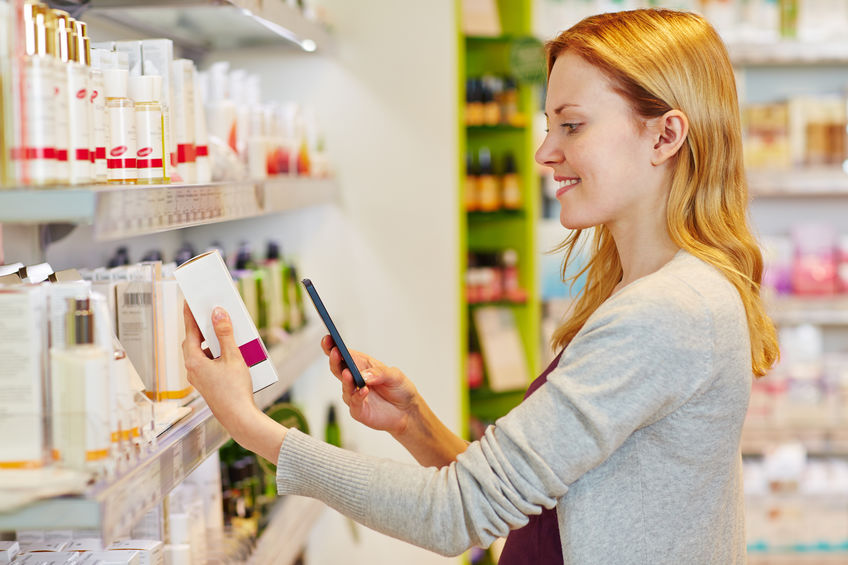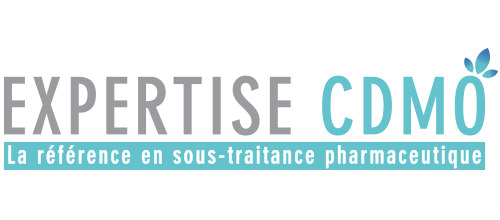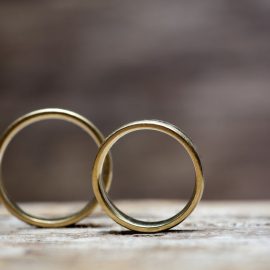For some months, consumers are shopping smartphone in hand and scanning products, to learn about their “potential danger”, before acting the purchase.
This phenomenon, first known for food products, has been spreading for some months now to the beauty ones.
Indeed, consumers became suspicious after several media scandals in the beauty world, and want more and more transparency on the products they buy.

Should we fully trust all these Apps?
Results difference depending on the App
A large part of cosmetics scanned via these Apps Yuka, QuelCosmetic, Inci Beauty or Clean Beauty, for example, are classified in the red category, meaning : “at risk”.And yet by comparing their results, we realize that the warning differs from one to the other. And we can see that these Apps do not focus on the same issues. Some direct indeed their vigilance on allergens, others on endocrine disruptors.And this subjectivity is also observed from one country to another. Today, France is fighting against parabens and endocrine disruptors, while in the United States, the fragrance is the target.
A cosmetic product is not only a list of ingredients
It actually seems that these Apps use an algorithm that is not so precise and misleads the consumer.A cosmetic product is not limited to a list of ingredients, it is much more complex. Consideration must be given to the concentration level and the interactions that can occur between ingredients.And pointing allergens does not serve the entire population, since we are not all allergic to the same ingredients. These Apps are in fact based on folks that doubt on everything, anxious to be poisoned and get sick.
In this context, what future for your cosmetics range of product?
And yet, even if it is still difficult to assess the real impact of these Apps on the consumer’s purchase, it is obvious that some well-known brands on the French market suffer from their recognition because consumers are sensitive to the Apps comments.And they wonder about some of their ranges’ future. This climate will therefore benefit to organic products, which are increasingly popular, even if they are more expensive because developed from more expensive raw materials, won’t it ? Or will the consumer turn to homemade organic cosmetics, made by themselves? See Aurélie’s article on homemade organic products.


